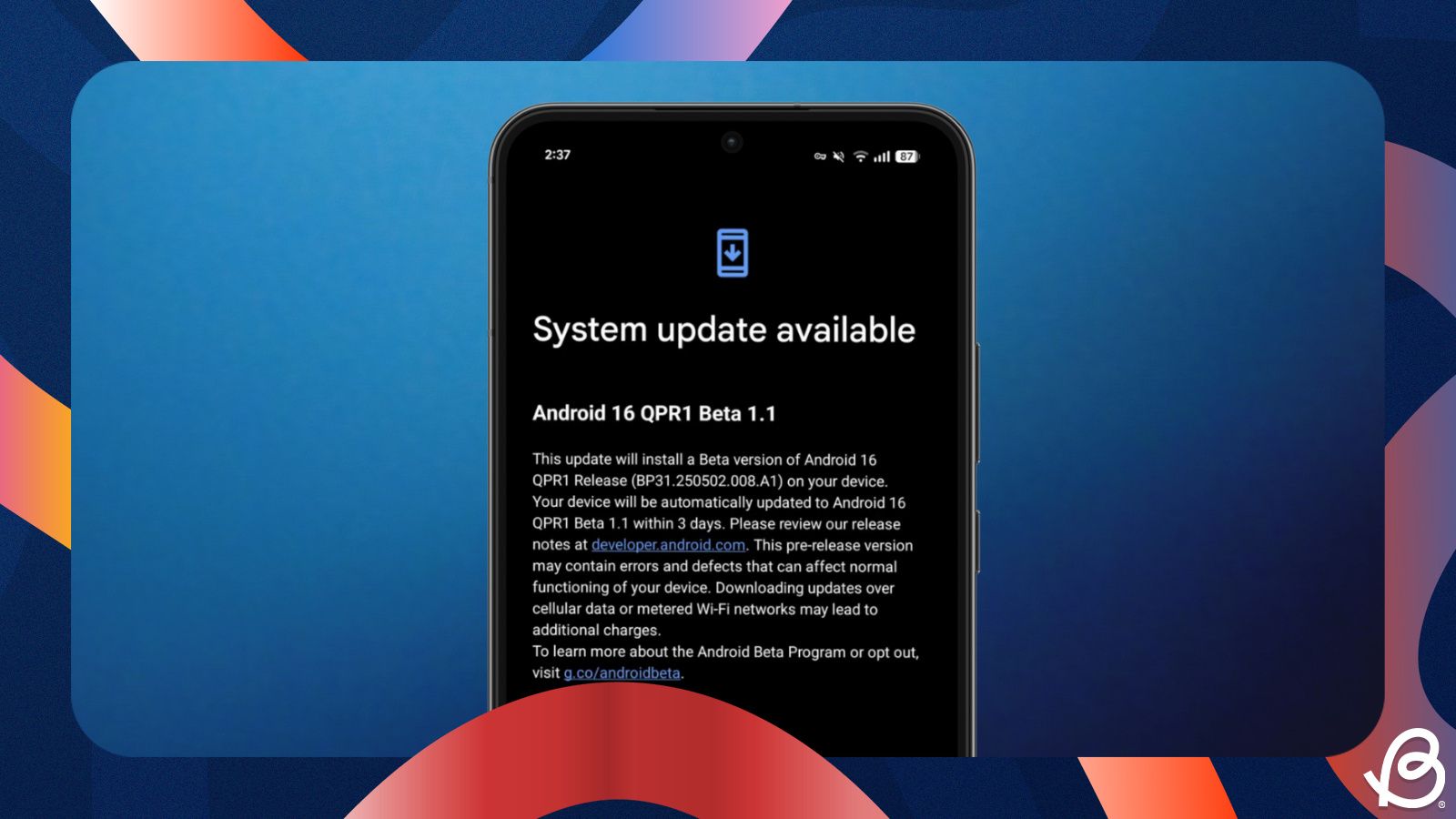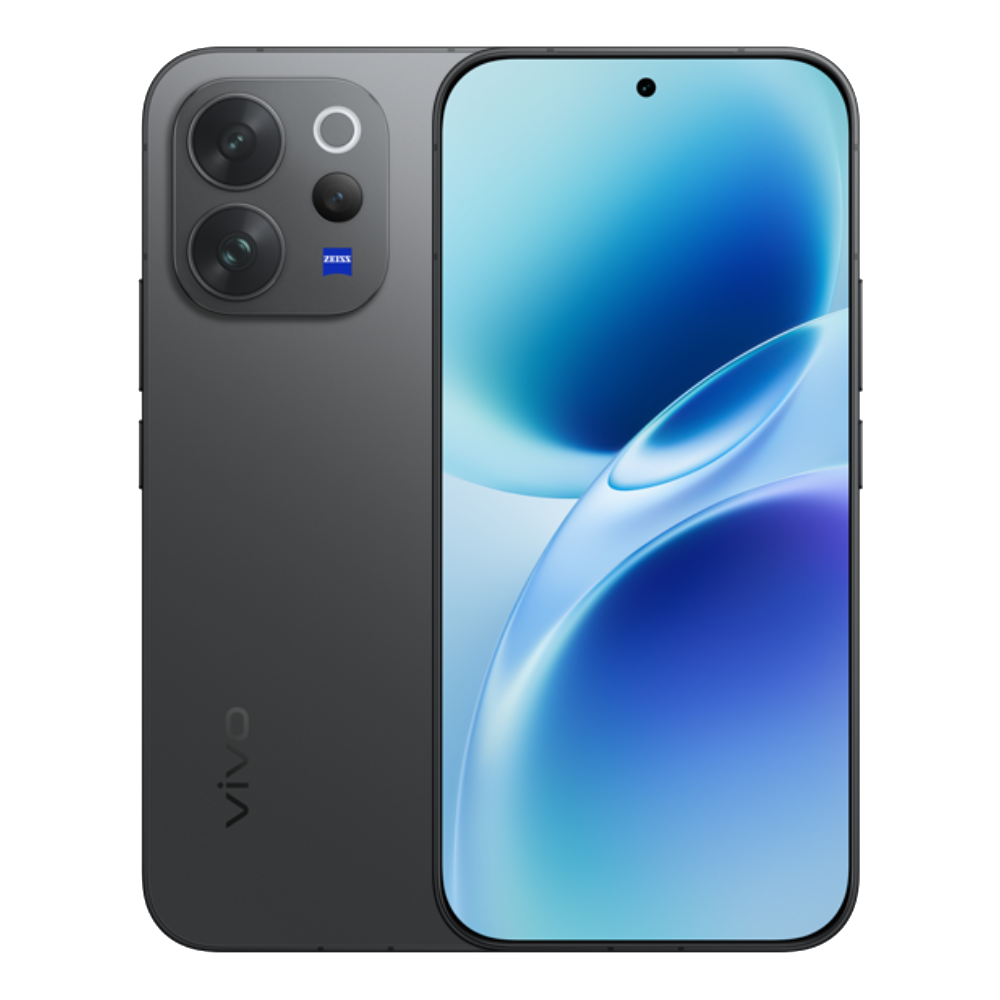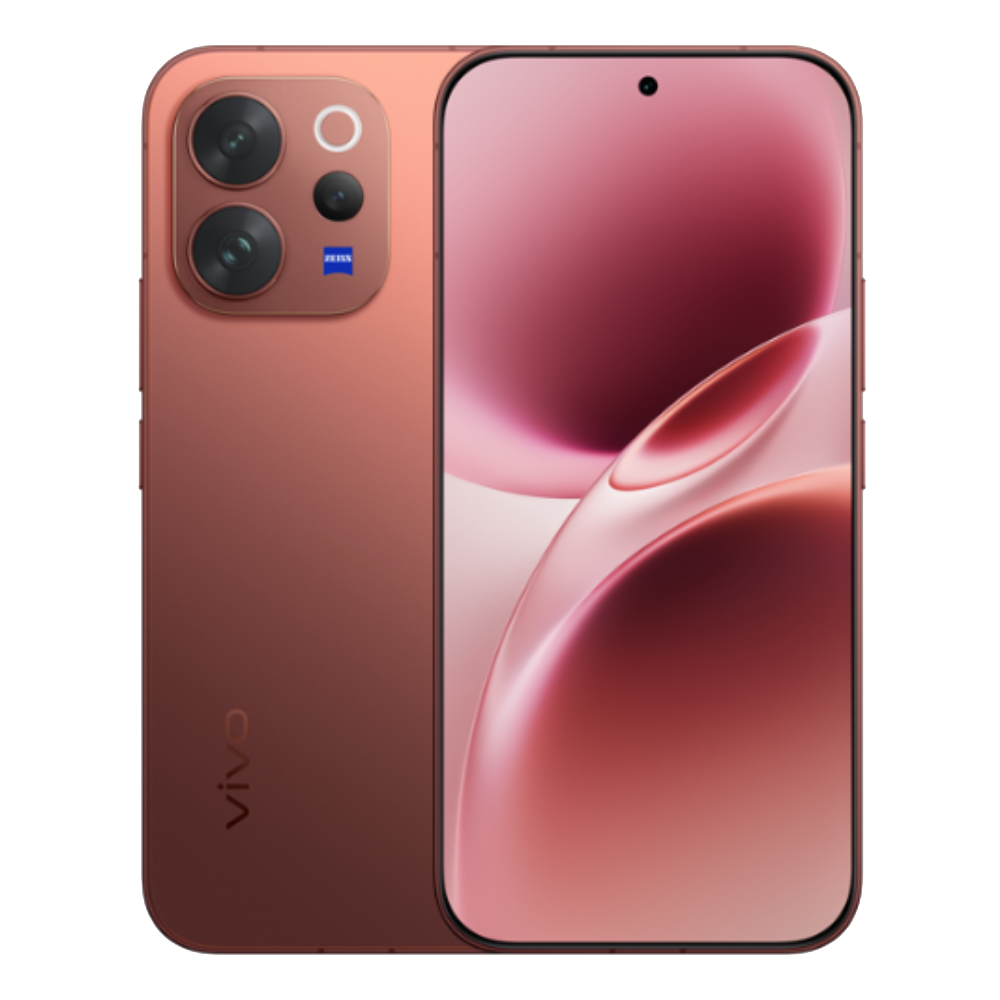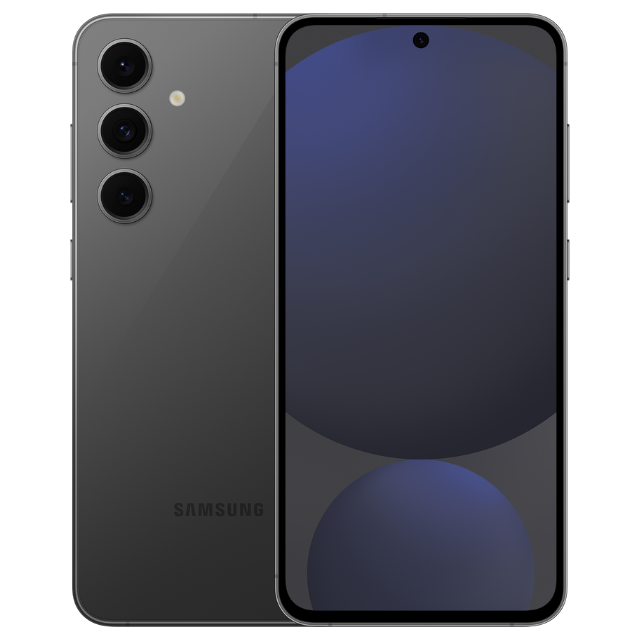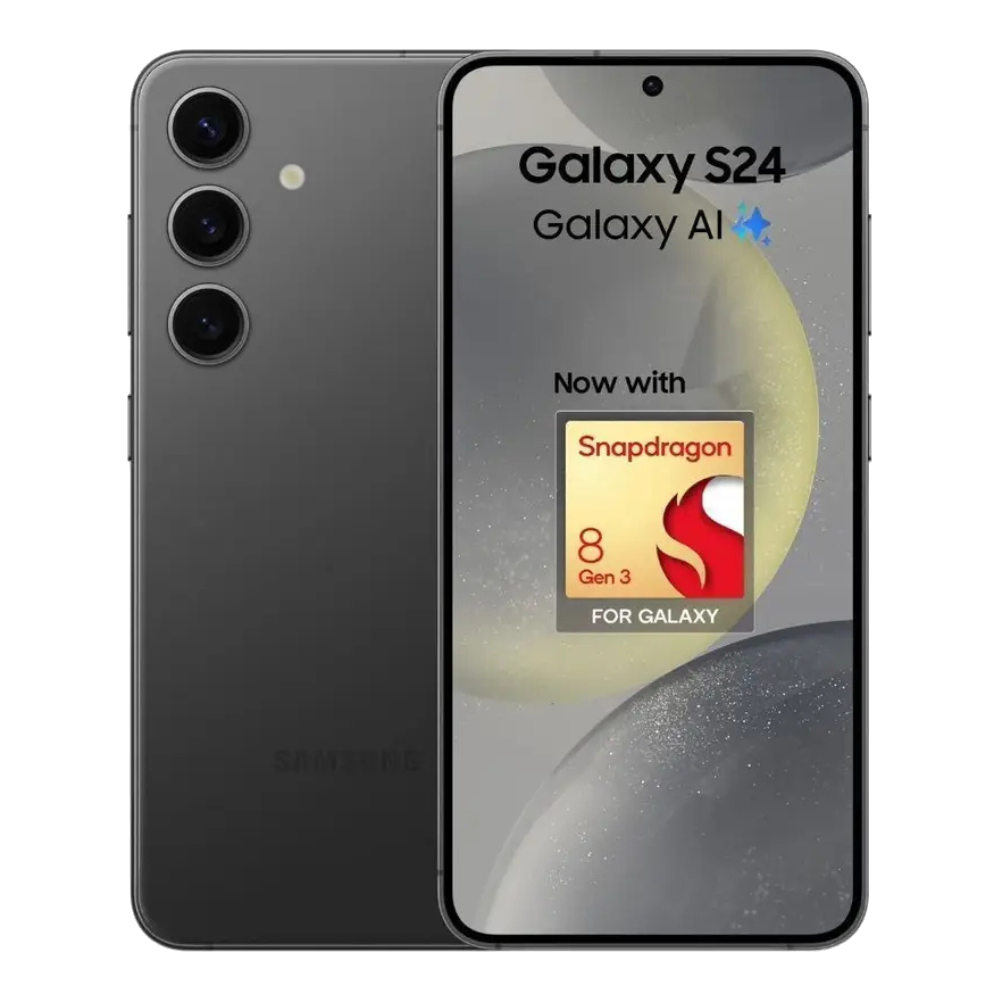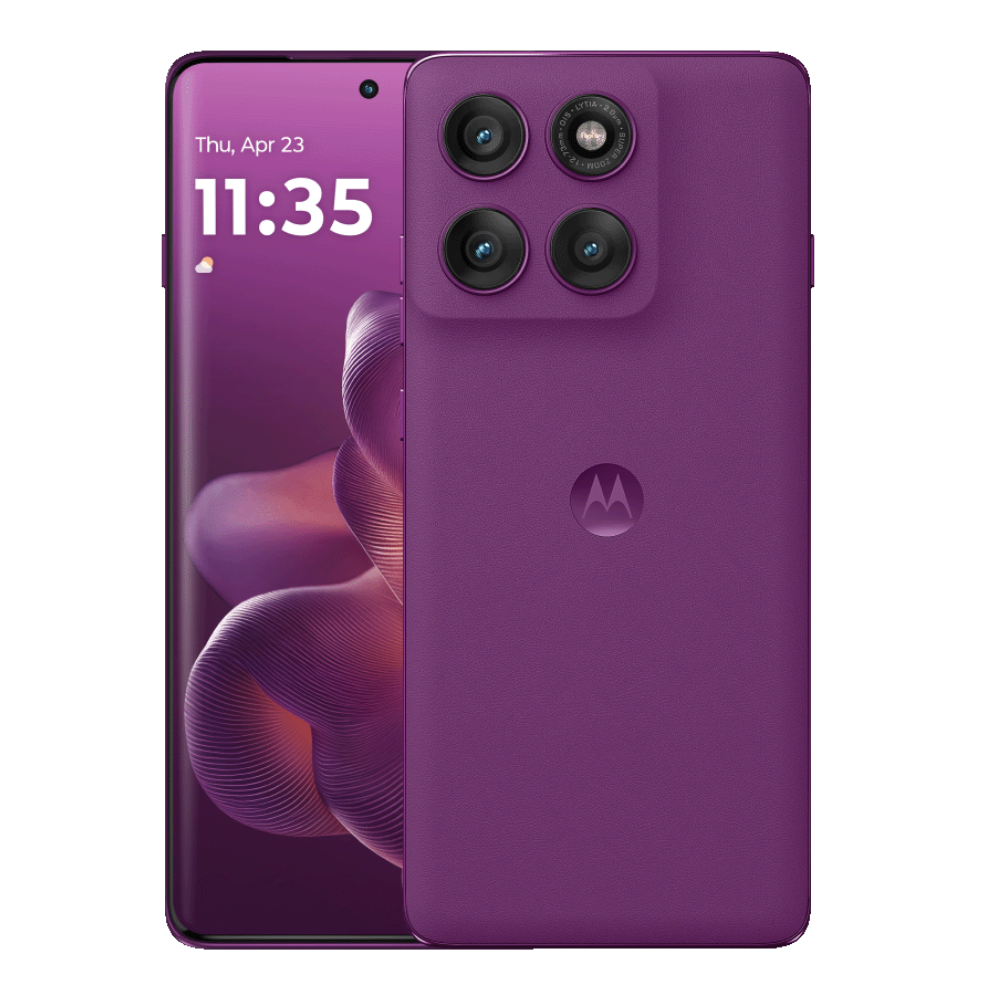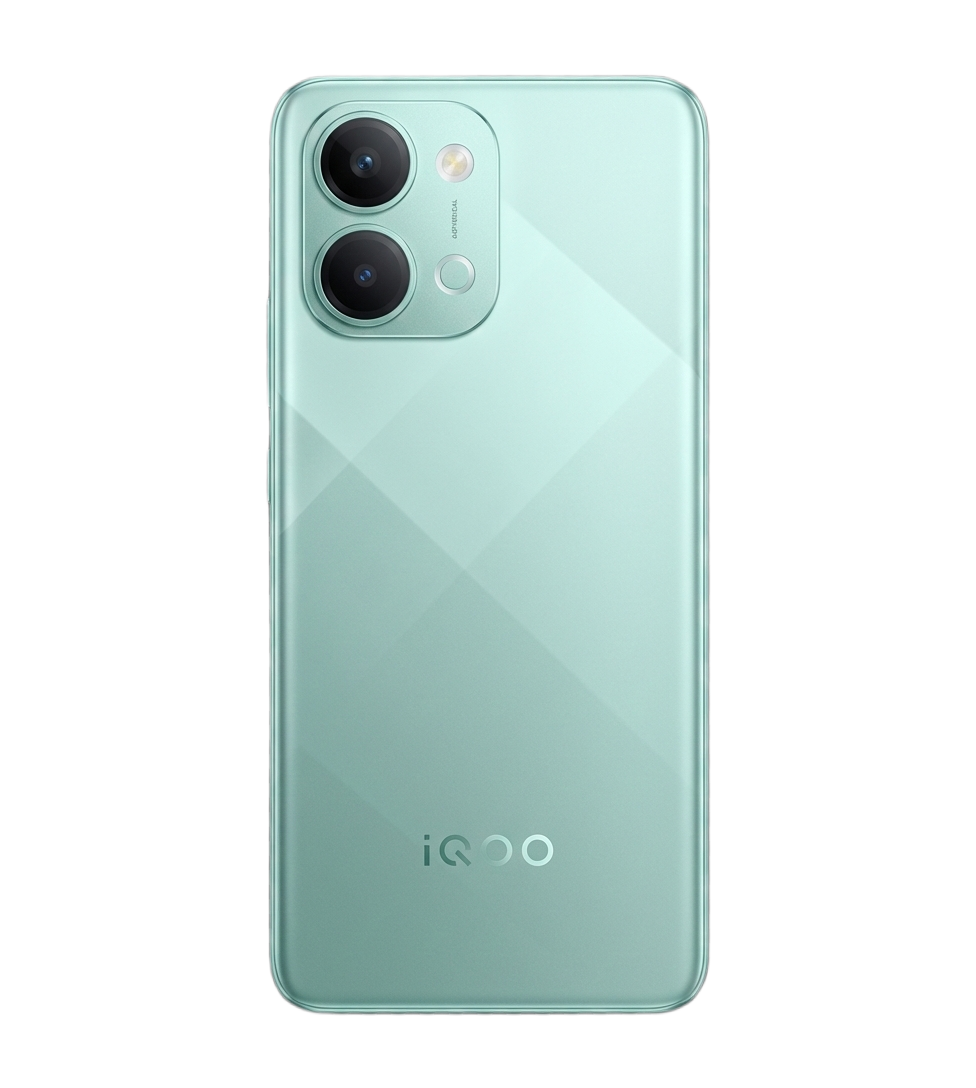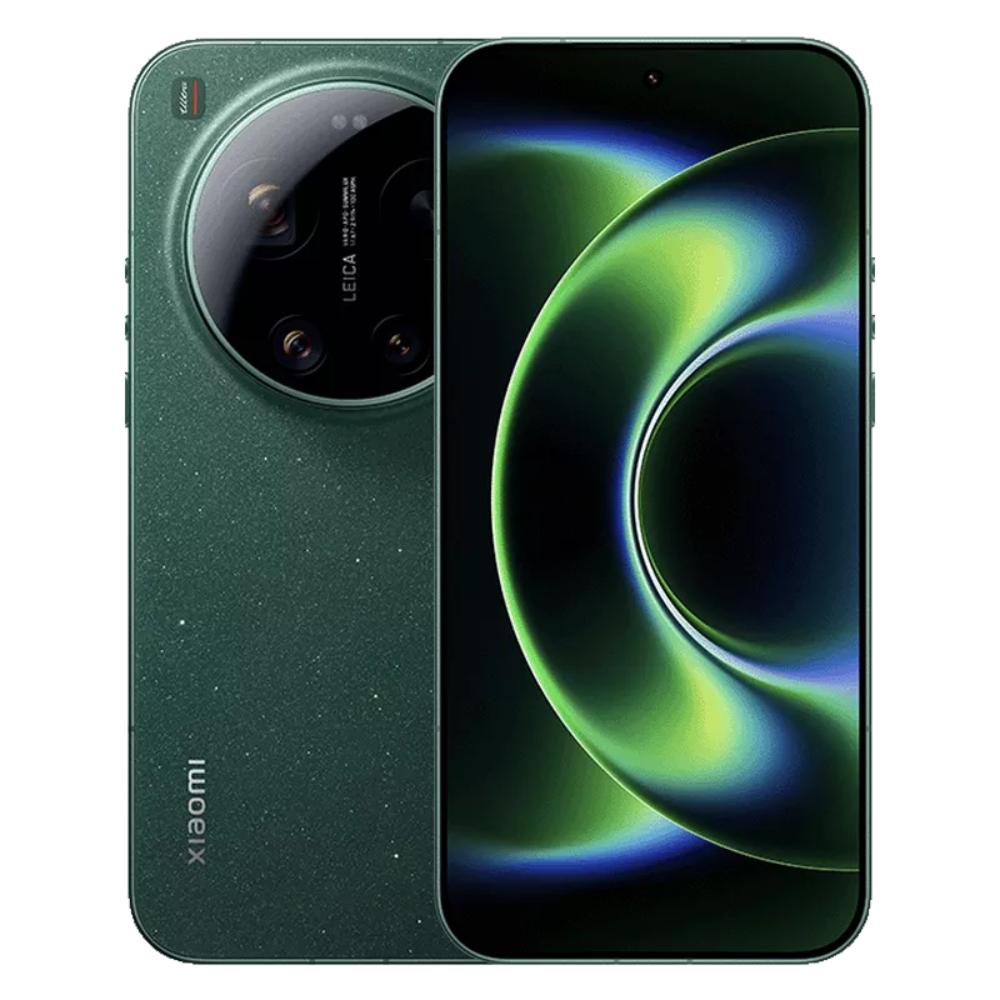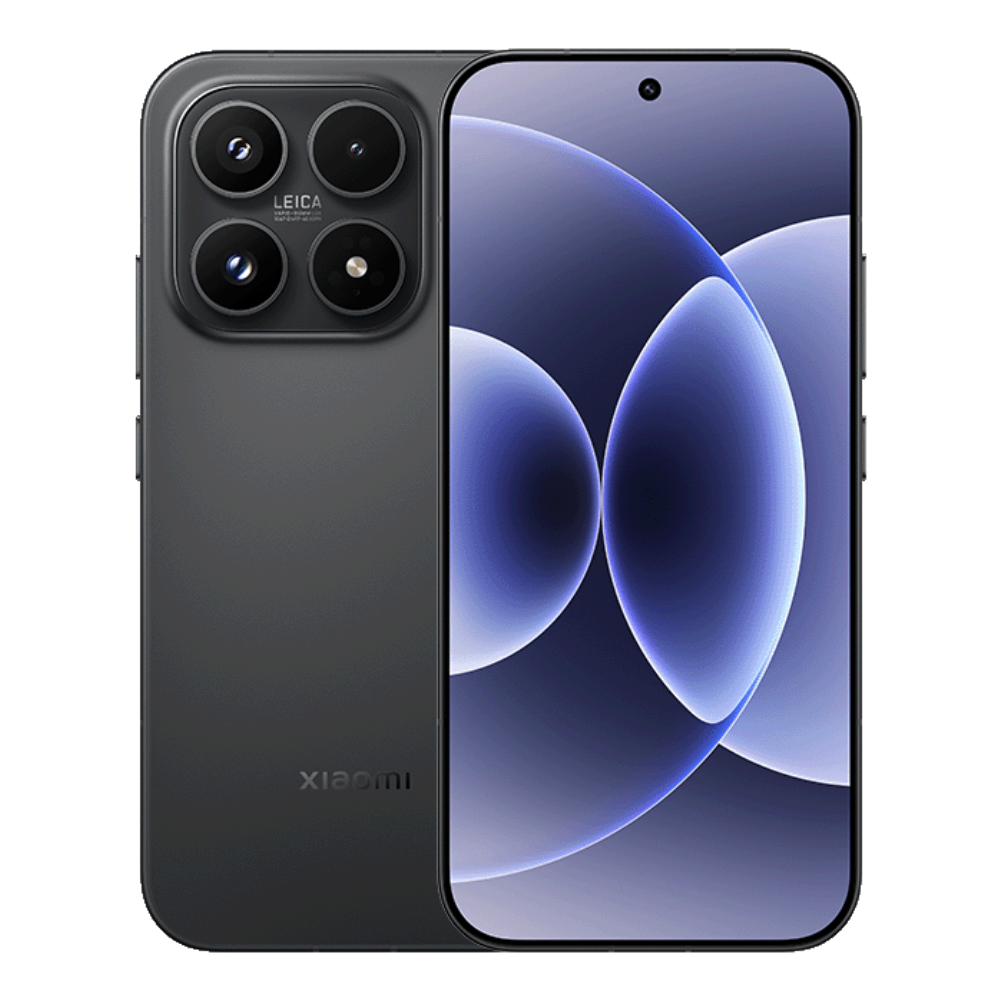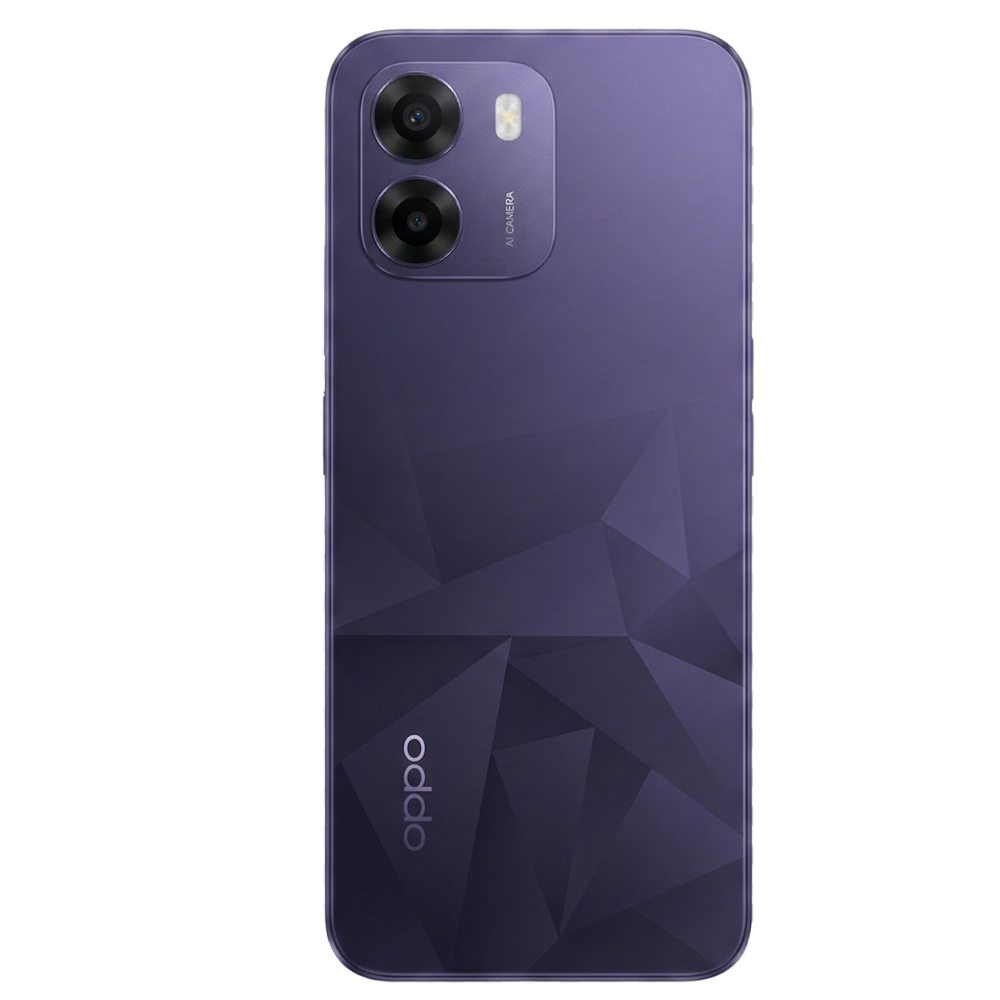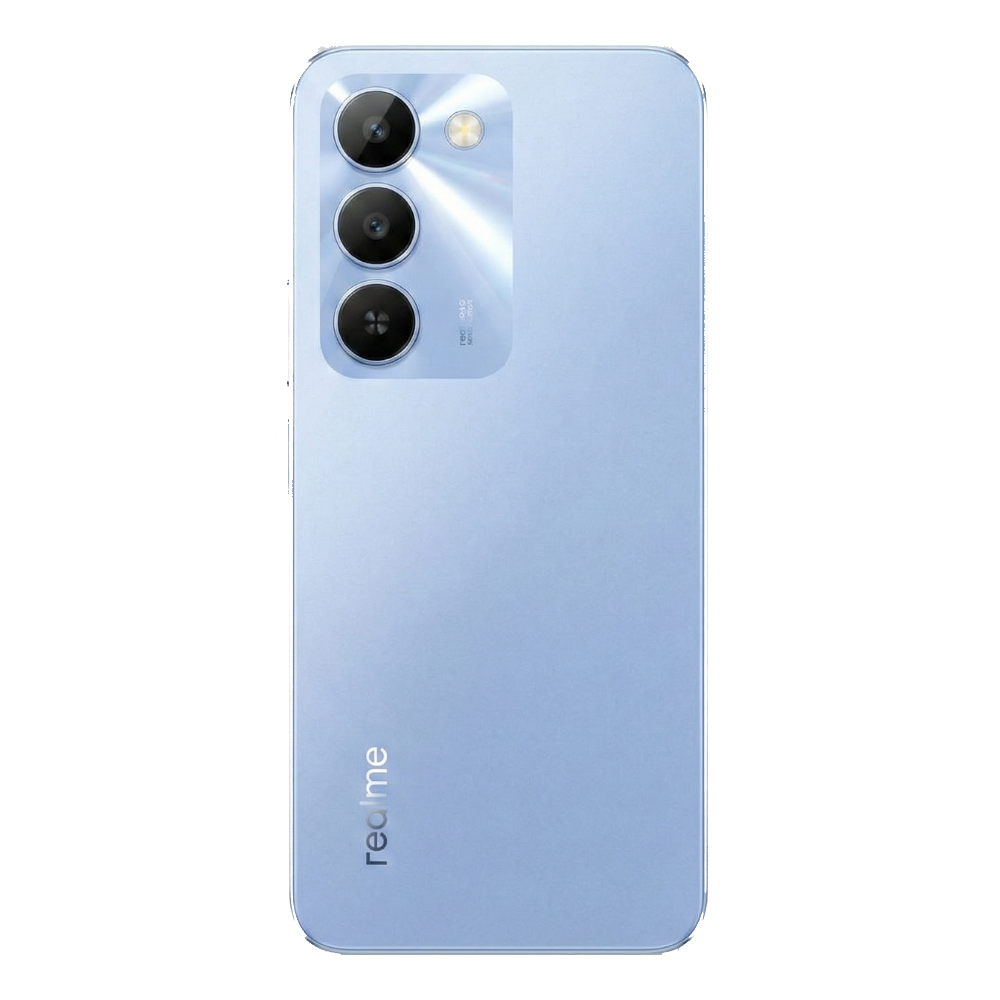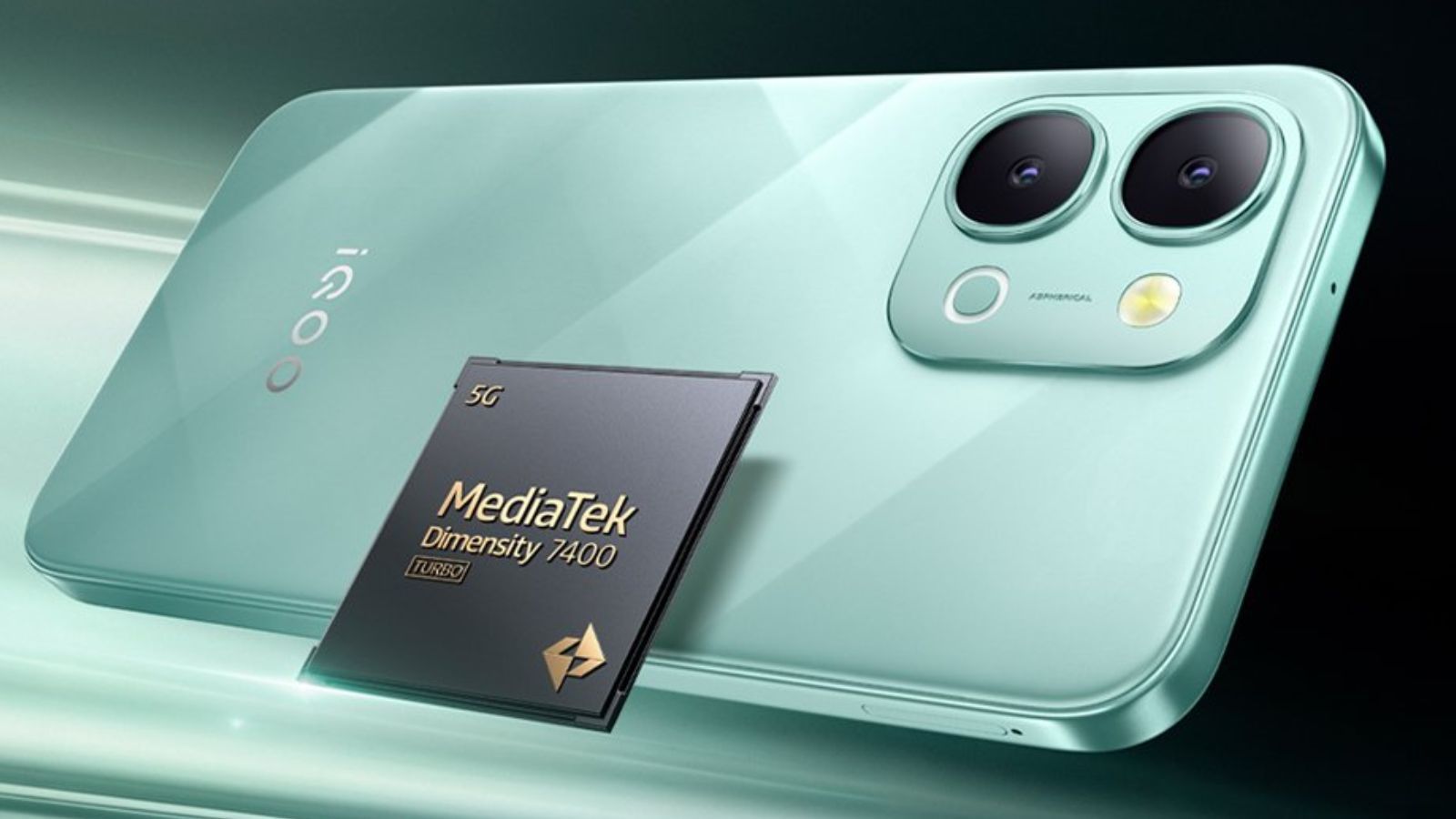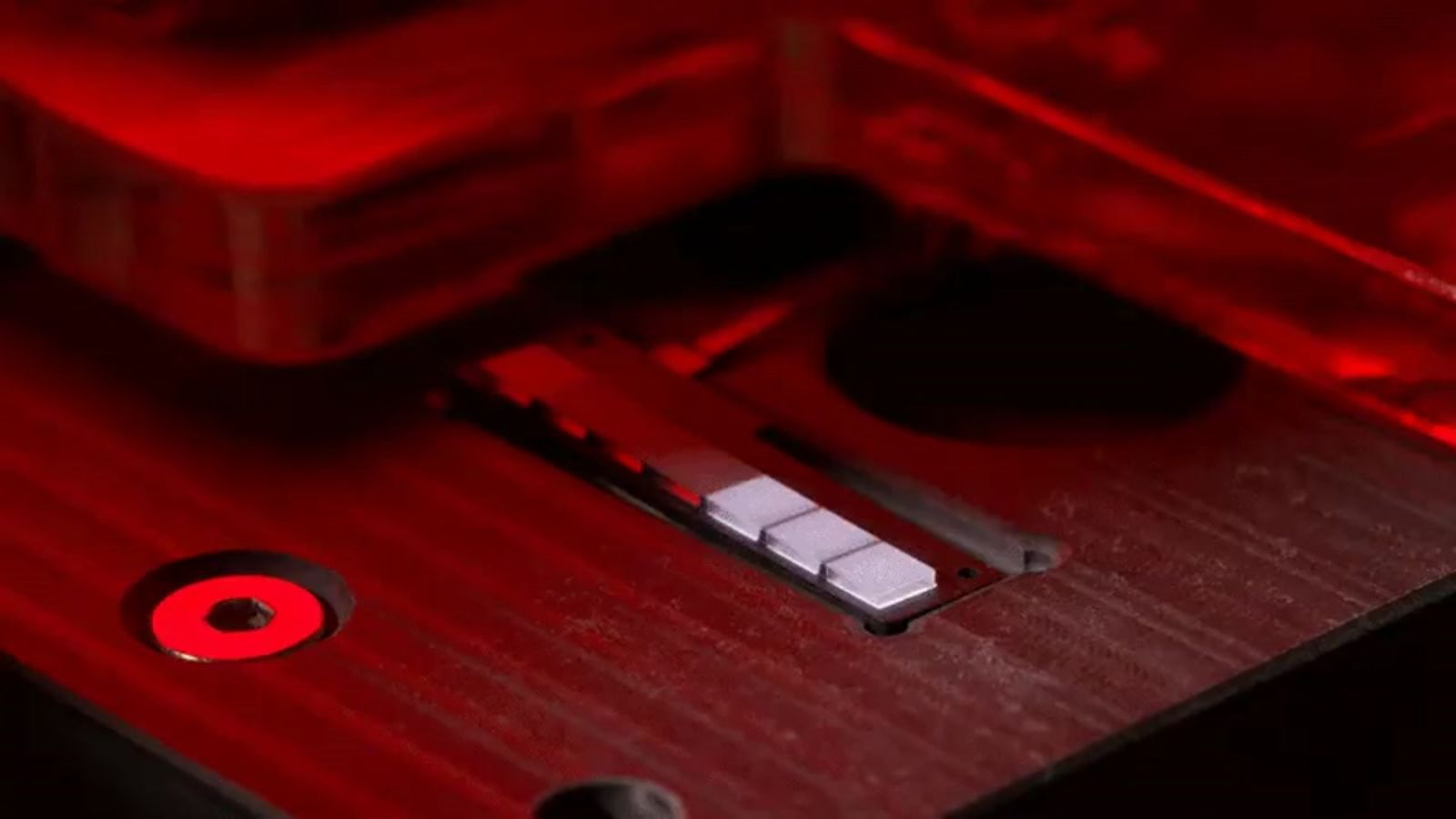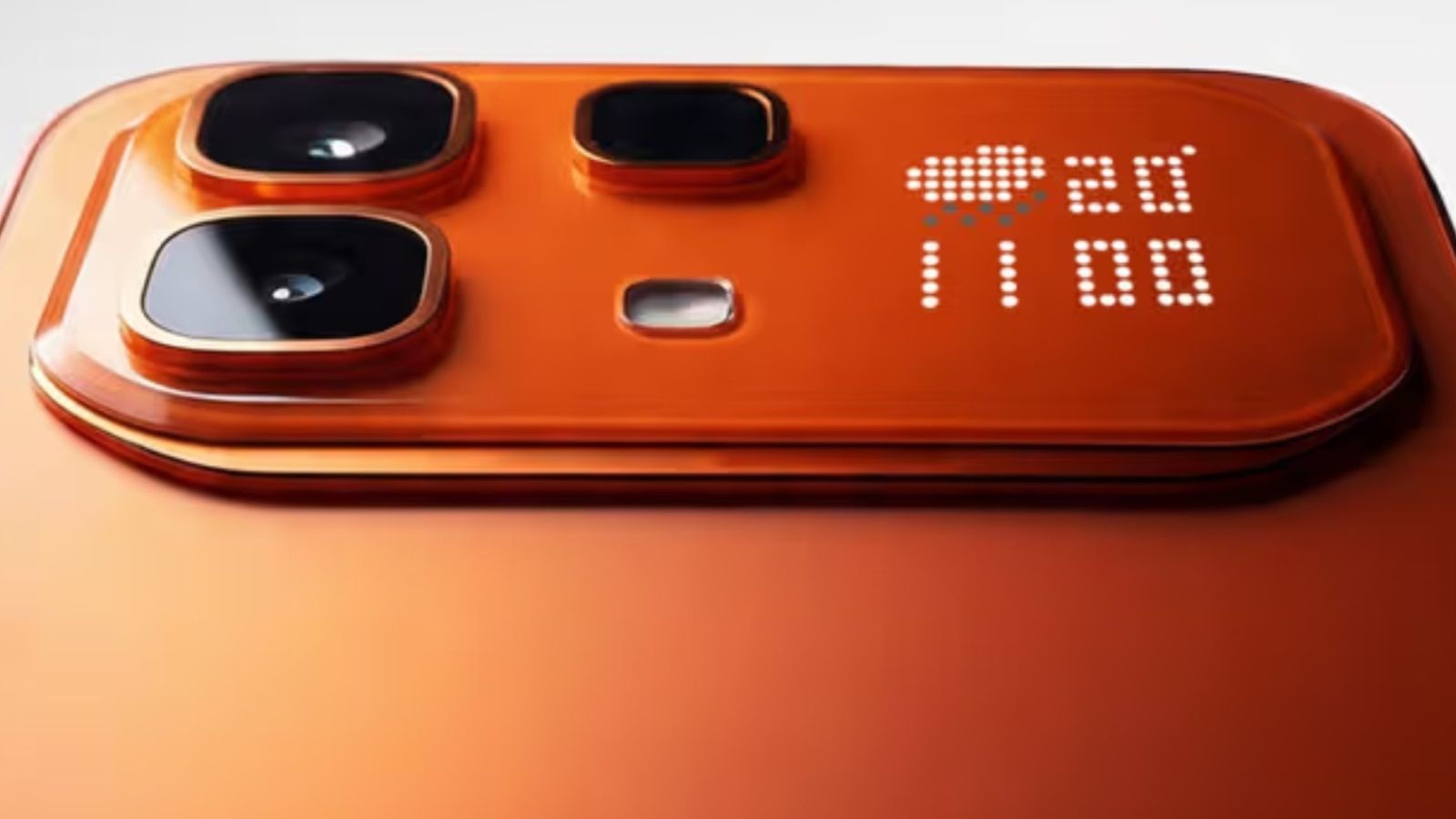Google's third-generation foldable, the Pixel 10 Pro Fold is here, and it brings quite a few improvements over its predecessor, the Pixel 9 Pro Fold. The 9 Pro Fold already arrived with its own set of improvements, including focus on durability, and the Pixel 10 Pro Fold aims to expand on the same. Here's everything new in the Pixel 10 Pro Fold over the Pixel 9 Pro Fold and if it's worth upgrading.
Google Pixel 10 Pro Fold is thicker with a brighter display
Starting with the design, which is always the first major talking point about the foldables, the Pixel 10 Pro Fold is getting heftier both in terms of weight and thickness. This seems quite counterproductive in an era where foldables are getting thinner by the day.
The Pixel 10 Pro Fold now weighs 258 grams over the 9 Pro Fold's 257 grams. It's also a hairline thicker at 5.2 mm when unfolded and 10.4 mm when folded (vs 5.1 mm and 10.2 mm thickness on the Pixel 9 Pro Fold).
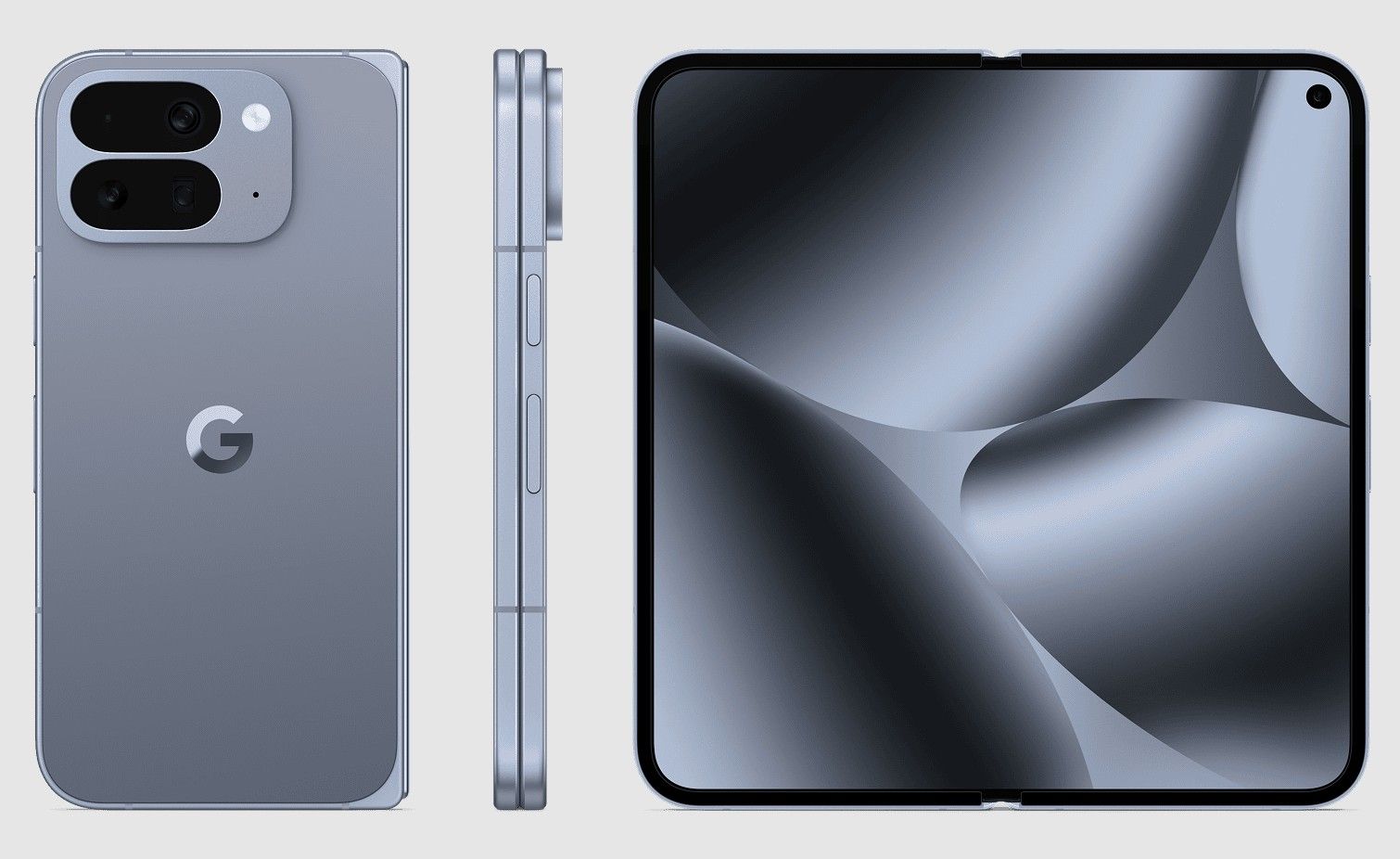
The screen size has also been bumped. The outer screen is now 6.4 inches, up from the 6.3-inch display of the Pixel 9 Pro Fold. It's the same LTPO OLED 120 Hz panel, but now brighter at 3,000 nits peak brightness over the 9 Pro Fold's 2,700 nits display.
Although the inner screen remains an 8-inch unit, there's a slight change in the aspect ratio thanks to the increase in screen real estate due to slimmer bezels. The rest of the display specifications are pretty much identical to the Pixel 9 Pro Fold.
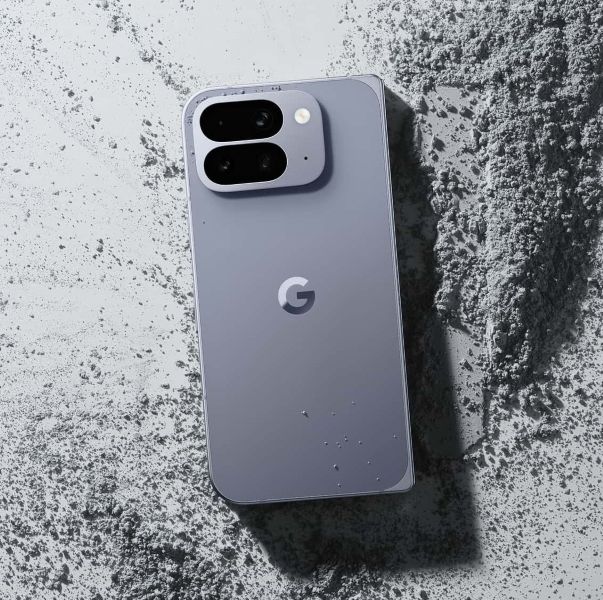
Speaking of design, the Pixel 10 Pro Fold gets two completely new colourways this year – Jade and Moonstone. Only the latter will make its way to India, though. The Jade colourway is almost a slightly lighter Pistachio colour with a golden camera bar and chassis. The Moonstone colourway resembles the lighter colour of the surface of the moon.
Pixel 10 Pro Fold gets a slimmer hinge and protection against dust
The Google Pixel 10 Pro Fold now gets a slimmer hinge, which could offer a better in-hand feel, alongside an IP68 rating. The latter is a first for a foldable device, as most foldables, including the recent Galaxy Z Fold 7, have an IP48 rating, which isn't the best when it comes to protection against dust.
With an IP68 rating, the Pixel 10 Pro Fold should be more resistant to tiny dust particles. For those unaware, the first represents a rating for dust, while the second number is for protection against water.
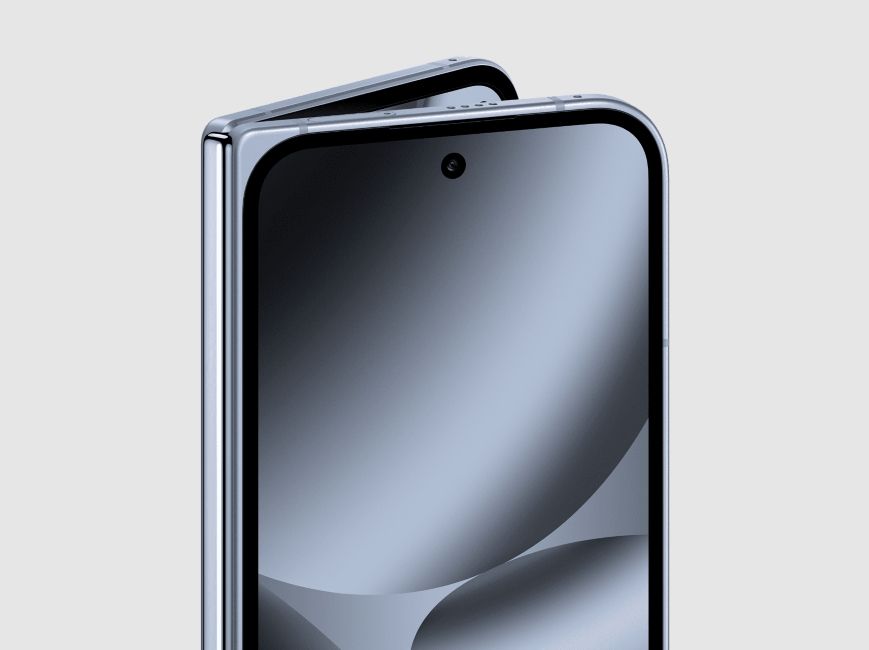
IP68 basically means the Pixel 10 Pro Fold is a little more dust-tight and could survive when submerged in water at up to 13 feet. This means it could survive dust and water much better than the Pixel 9 Pro Fold's IPX8 rating, which offered no protection against dust. This is indeed one of the biggest upgrades to the device.
Pixel 10 Pro Fold could perform better and last longer
The Tensor G4 on the Pixel 9 Pro Fold did the job, but Tensor SoCs were never known for their raw performance. While that doesn't change with the Tensor G5, buyers can at least rest assured that the thermal throttling issues could go away for good. This is because the Tensor G5 is manufactured on TSMC's 3nm process, and could boast 15% performance uplift over the Pixel 9 Pro Fold.
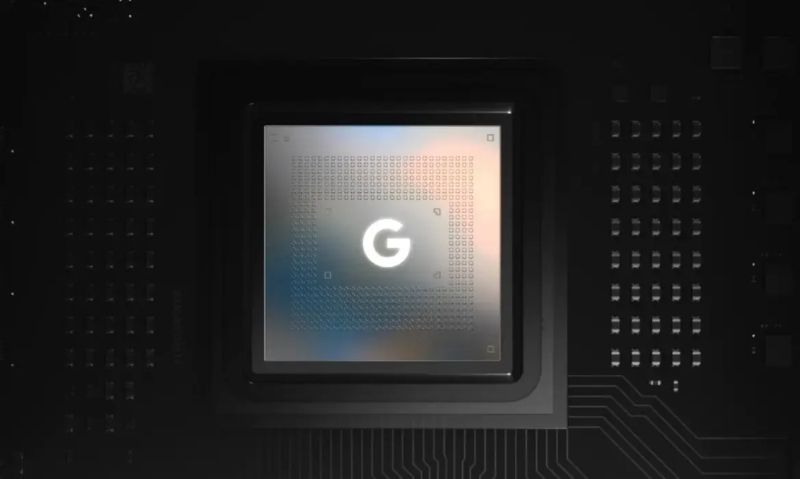
Complimenting the improved processor could be a 5,015mAh battery, which is a considerable upgrade from the Pixel 9 Pro Fold's 4,650mAh, even more so than any phone in the Pixel 10 series this year. The same goes for the charging speeds, which have been bumped to 30W from a measly 21W on the Pixel 9 Pro Fold. Besides, the Pixel 10 series now has the Pixelsnap interface via Qi2, resulting in more efficient and convenient wireless charging
The Tensor G5 is an octa-core processor and could perform similarly to the Snapdragon 8 Gen 3. However, don't expect it to outperform the likes of the Snapdragon 8 Elite or MediaTek Dimensity 9400, even though their next iterations are due for launch in a few months. Besides, the storage speeds have been bumped thanks to UFS 4.0. Combined with 16 GB LPDDR5X RAM, there should be no hiccups in day-to-day performance.
Google Pixel 10 Pro Fold gains new software tricks
Besides the new Android 16 features like Material 3 Expressive and a customisable Quick Settings panel, Pixel 10 Pro Fold gains new software features like Magic Cue and Camera Coach powered by Gemini. While some of these may eventually arrive on the Pixel 9 Pro Fold, they might stay exclusive to the Pixel 10 series for a while.

Lastly, the Pixel 10 Pro Fold will get updates until 2032, whereas the Pixel 9 Pro Fold gets promised updates till 2031. The software experience on both the foldables will be more or less the same.
Is Pixel 10 Pro Fold worth upgrading from the Pixel 9 Pro Fold?
Before delving into whether the Pixel 10 Pro Fold is worth getting, here are all the specifications of the same and how they fare against last year's Pixel 9 Pro Fold.
| Specification | Pixel 10 Pro Fold | Pixel 9 Pro Fold |
|---|---|---|
| Display | 6.4-inch LTPO 120 Hz OLED display with Gorilla Glass Victus 2 | 8-inch inner LTPO 120 Hz OLED display with 3,000 nits peak brightness | 6.3-inch LTPO 120 Hz OLED display with Gorilla Glass Victus 2 | 8-inch inner LTPO 120 Hz OLED display with 2,700 nits peak brightness |
| Processor | Tensor G5 (3 nm) | Tensor G4 (4 nm) |
| Cameras | 48 MP wide f/1.7 1/2.0", 10.8 MP telephoto f/3.1 1/3.2" and 10.5 MP ultra wide f/2.2 1/3.4". 10 MP cover and inner cameras | 48 MP wide f/1.7 1/2.0", 10.8 MP telephoto f/3.1 1/3.2" and 10.5 MP ultra wide f/2.2 1/3.4". 10 MP cover and inner cameras |
| Battery | 5,015mAh with 30W fast charging and 15W wireless charging via Qi2 | 4,650mAh with 21W fast charging and 15W wireless charging |
| Storage and RAM | 16 GB + 256 GB, 16 GB + 512 GB, 16 GB + 1 TB UFS 4.0, LPDDR5X | 16 GB + 256 GB, 16 GB + 512 GB, 16 GB + 1 TB UFS 3, LPDDR5X |
| Connectivity | Wi-Fi 7, NFC, USB 3.2 Type-C | Wi-Fi 7, NFC, USB 3.2 Type-C |
| Software | Android 16. Updates till 2032 | Android 16. Updates till 2031 |
| Colours | Moonstone | Obsidian |
| Price | Rs 1,72,999 | Rs 1,62,999 |
Considering the upgrades Pixel 10 Pro Fold brings over its previous iteration, it might be worth upgrading to the Pixel 10 Pro Fold. The IP68 rating combined with a slimmer hinge should make it comfier to hold. The Tensor G5, paired with a bigger 5,015mAh battery with faster charging, should help the phone perform better and last longer. It's a bummer that the device doesn't feature any camera upgrades, which would have made it an even worthy upgrade. It does bring new colours, though, which look phenomenal.
Google Pixel 10 Pro Fold Key Details
- PowerVR DXT-48-1536
- QHD OLED
- LTPO
- HDR10+
Hybrid Stabilization
4K@60fps
- 30Watt (wired)
- Wireless Charging Supported
- 256GB (UFS 4.0)
- 4k@60fps
- Gorilla Glass Victus 2 (Back)
- Aluminium Frame (Side)
- IP68 (Dust and Water Resistant)
- 7 year(s) of OS Update


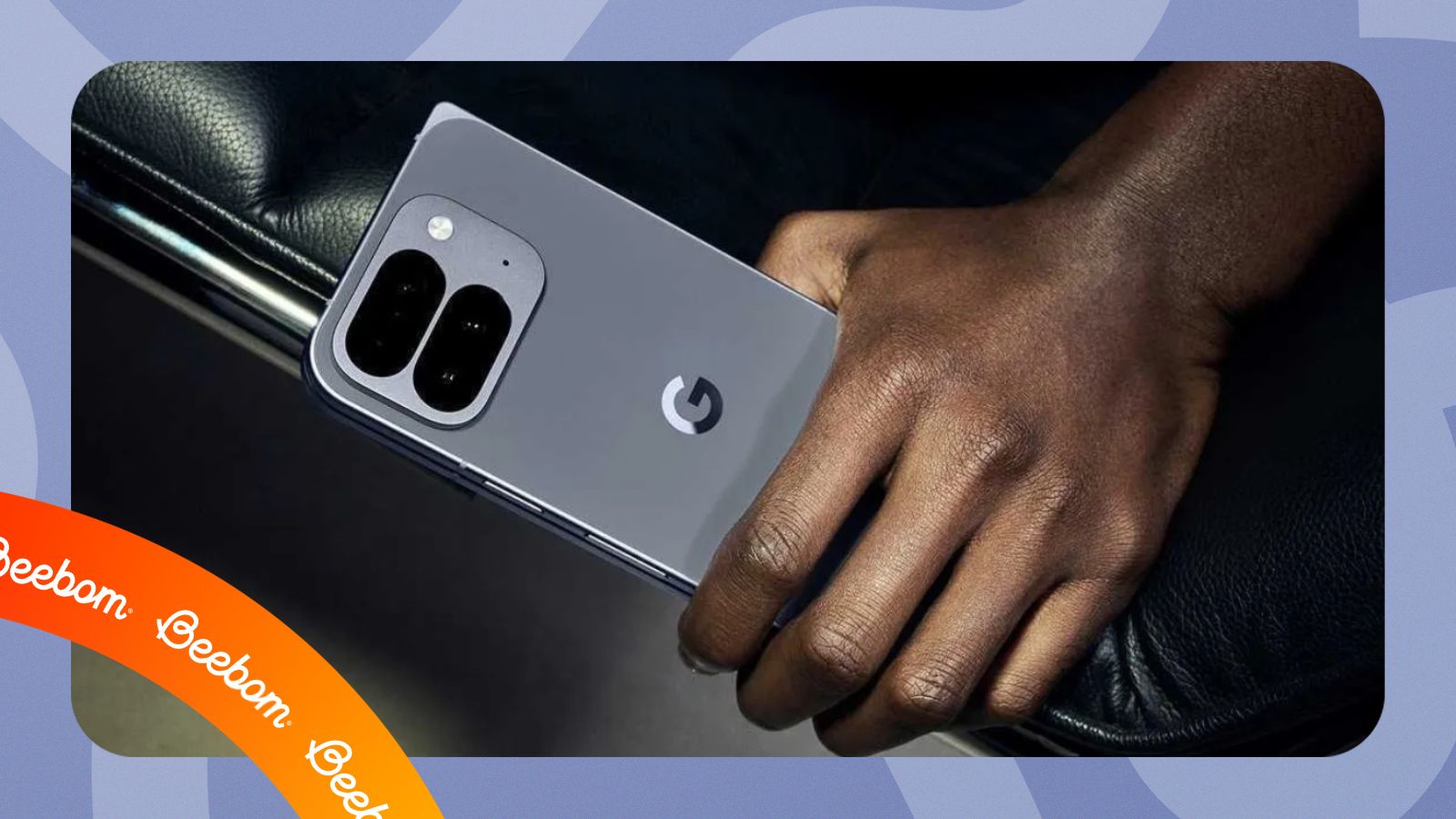
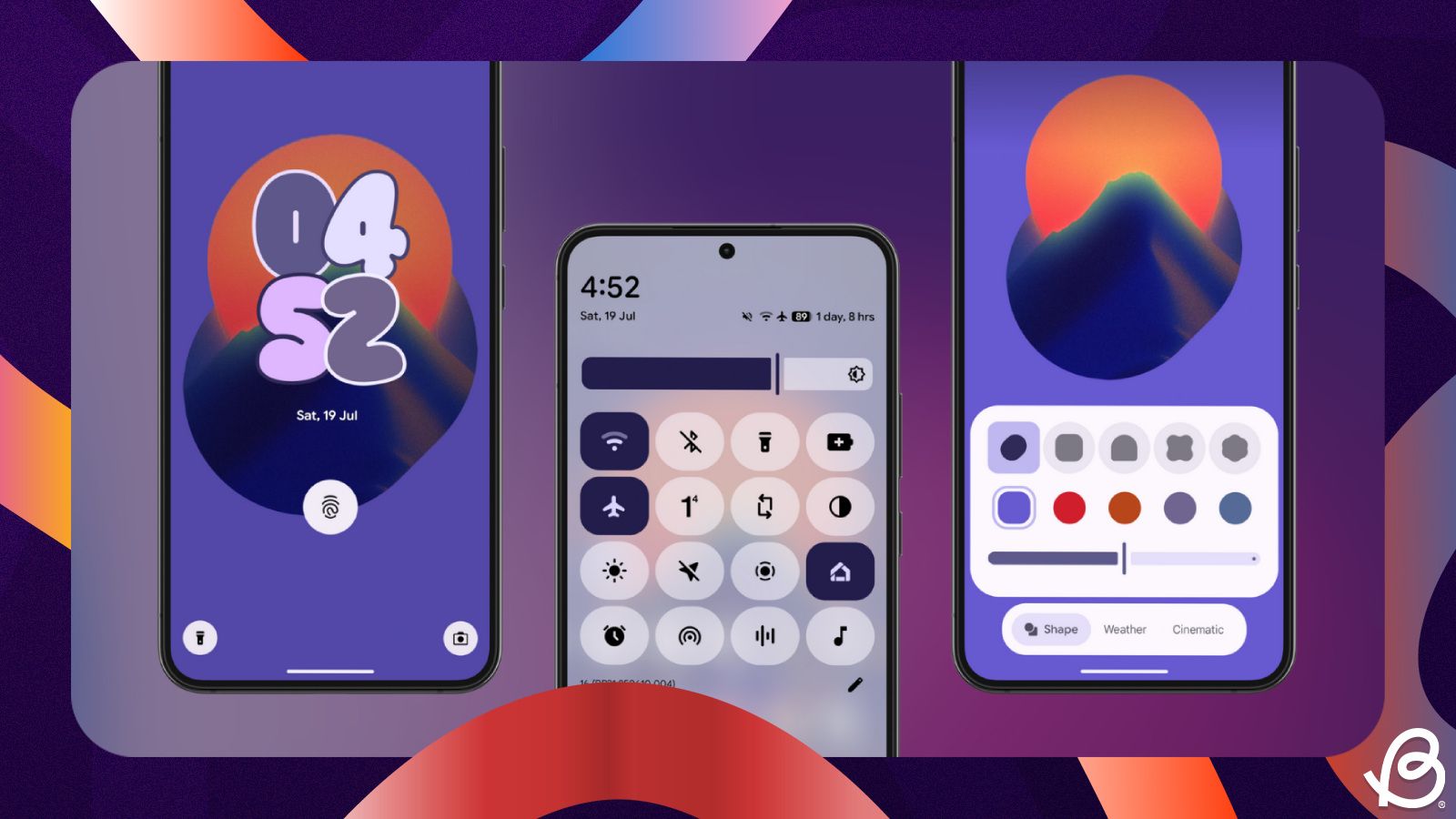
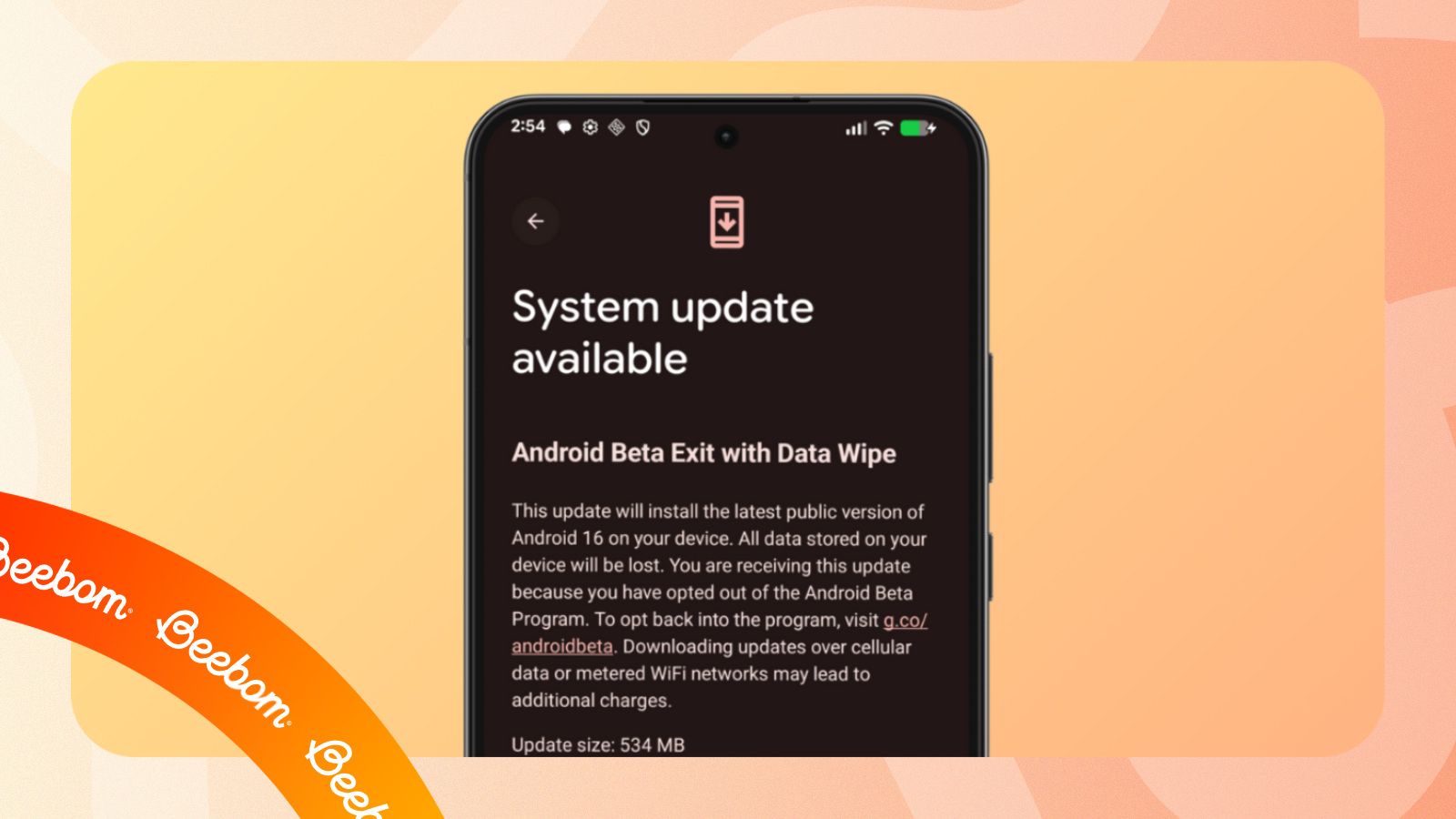

.jpg)
